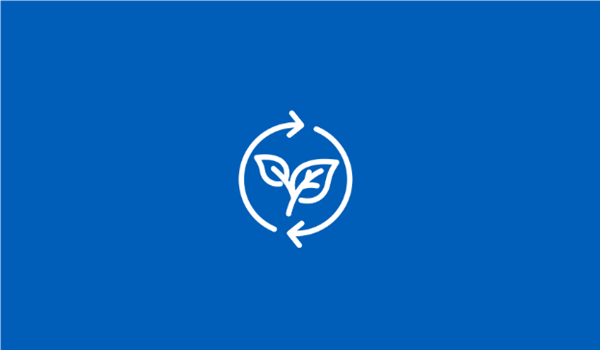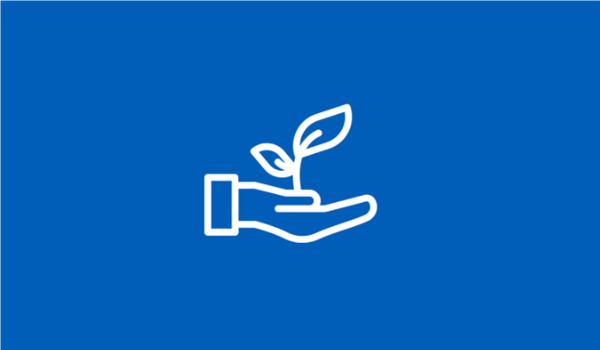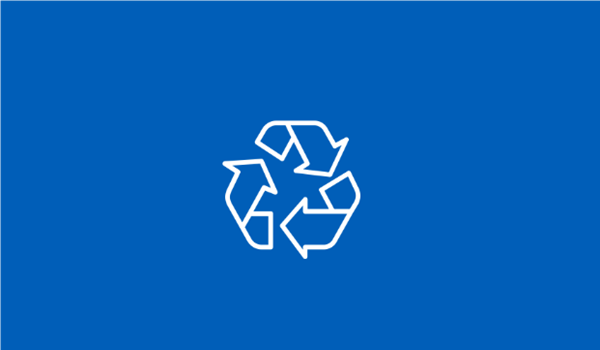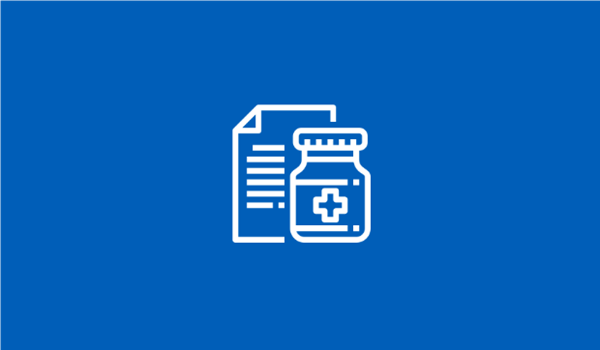Green and Sustainability

Sustainability
Discover our ongoing efforts and initiatives to create a more sustainable future.

What can you do?
Find out what you do to be more sustainable.

Recycling
Find out where to recycling emply medicines, such as inhalers and blister packs.

Prescriptions
Approximately 1.6 million medicine items are wasted unnecessarily in Dorset each year. Find out what you can do to help reduce this.
Sustainability
At Mid Dorset PCN, sustainability is a core value. We are committed to reducing our environmental impact and embedding sustainable practices across our operations. Below, we outline our key focus areas and actions to achieve a greener future.
Our sustainability focus areas
- Embedding environmental sustainability into our organisational culture
- Improving energy efficiency
- Implementing a responsible lighting plan
- Reviewing green procurement practices
- Sourcing food and drink responsibly and minimising plastic usage
- Reducing waste and increasing recycling efforts
- Promoting sustainable transport (e.g., cycling or walking)
- Reducing paper usage
- Sustainable prescribing practices
- Supporting health and wellbeing
Embedding Environmental Sustainability
- Green Impact is a standing item in meetings, ensuring regular focus and review.
- Staff regularly provide feedback and ideas for sustainability improvements.
- Inclusion of a Green Section in PCN Newsletters to promote sustainable practices and share collaborative ideas.
Improving Energy Efficiency
- Radiators are adjusted to conserve energy.
- All equipment is switched off at the end of the day.
- Where possible energy is sourced from green suppliers.
Reducing Waste and Increasing Recycling
- Confidential waste is shredded; all other paper is recycled.
- Clear bin labels for domestic, recycling, sharps, and clinical waste.
- Recycling initiatives for plastic bottles, cardboard, printer toner cartridges, and batteries.
- Encouraging patients to recycle inhalers and blister packs.
Reducing Paper Usage
- Transitioning to a paperless practice where feasible.
- Promoting health education via digital screens instead of leaflets.
- Default double-sided printing.
- Utilising digital communication and online forms for patient interactions.
Sustainable Prescribing
- Reducing polypharmacy and over-prescribing to benefit patients and the planet.
- Supporting patients to reduce opioid use where possible.
- Limiting prescribing of over-the-counter medicines.
- Switching to dry powder inhalers where appropriate.
By working collaboratively and engaging with staff and the community, we are building a sustainable future for both our organization and the environment.
Have Suggestions?We welcome your feedback! Share your ideas with us to help improve our sustainability efforts.
What can you do?
In addition to the sustainability initiatives we have implemented as a practice, we encourage our patients to make sustainable choices too. Small changes can have a big impact—not just on the environment but often on your health and wallet as well.
Using Sustainable Transport
- Walk or cycle to the Practice whenever possible.
- Use public transport for appointments or other travel where you can.
- For longer distances, consider taking the train instead of driving. If possible, reduce the amount of flying you do to minimise your carbon footprint.
Reducing Paper Usage
- Look out for health education messages on our patient information screens in waiting areas, which help reduce the need for paper leaflets.
- Visit our website for up-to-date information.
- Whenever possible, use online forms instead of paper forms. These are simple to complete, and our digital team are happy to help you if needed.
Reducing Prescribing
- We aim to reduce polypharmacy and over-prescribing, always keeping patient care as the priority.
- Explore alternative ways to manage conditions, such as through diet, exercise, or support groups. These approaches can reduce the need for medications, benefiting both you and the environment.
Recycling
By using recycling services, you can help reduce waste and ensure that medical items are disposed of responsibly. Small actions like these contribute to a healthier planet for all.
Blister Pack Recycling
- Empty medicine blister packs can be recycled at selected Boots and Superdrug pharmacies.
- Alternatively, try Terracycle's Blister Pack Recycling Program. Visit Terracycle Blister Pack Recycling for more information.
Pen Recycling (PenCycle)
- PenCycle is a recycling scheme by Novo Nordisk for diabetes, weight management, and growth hormone pens.
- Community pharmacies can register to become PenCycle recycling hubs, or patients can recycle their pens directly.
- For full details, visit the PenCycle program website.
Inhaler Recycling
- Inhalers cannot be recycled or disposed of with household waste. Instead, patients are encouraged to return used inhalers to pharmacies.
- Even where inhaler recycling schemes are unavailable, returning inhalers to pharmacies is crucial. They will be incinerated with medical waste, preventing them from going to landfill.
- All pharmacies are equipped to handle inhaler disposal, so make this part of your routine!
Prescriptions
Medicines play an important role in keeping us healthy, but managing them responsibly is essential for your health, your safety, and the environment. Here's how you can help reduce medicines waste and stay informed.
Stay Well
- Avoid unused medicines: Medicines expire and may not work as intended, potentially compromising your care.
- Reduce shortages: Stockpiling medicines contributes to drug shortages that can impact others in need.
Stay Safe
- Protect loved ones: Medicines kept at home can be dangerous for children and pets.
- For your use only: Medicines are prescribed specifically for you. For safety, never share them with others.
Stay Green
- Proper disposal matters: Hand in unused or expired medicines to your pharmacy to prevent them from polluting rivers and seas.
- Only order what you need: Medicines leaving the pharmacy cannot be recycled or reused, so thoughtful ordering helps protect the environment.
What can you do
Only Order What You Need- Check first: Before ordering your repeat prescription, review the medicines you already have at home.
- Request wisely: If you have enough of a medicine, wait to order it until you need more. You can always order again later.
- Ask for help: If you need guidance on changing your prescription requests, speak to your pharmacy team.
- Check your items: Before leaving the pharmacy, confirm that you have only what you need.
- Return extras immediately: If there’s something you don’t need, return it before you leave the pharmacy. Returned items can often be reused.
- Stay organised: Keep a list of your medicines, doses, and instructions in your wallet or purse.
- Bring medicines to hospital: If you’re going into the hospital, take all your current medicines with you. This ensures the medical staff has accurate information, avoids duplicate dispensing, and speeds up your care.
- Take home the right medicines: When leaving the hospital, confirm any changes to your prescriptions and take everything suitable with you.
- Be honest: Let your pharmacy team know if you’ve stopped taking a medicine or if it no longer suits your needs. This helps improve your care and avoids unnecessary waste.
- Dispose of medicines safely: Return unused or expired medicines to your pharmacy for safe disposal.
Learn More
For more information on NHS Dorset's only order what you need campaign visit their website.
Page created: 17 June 2024
